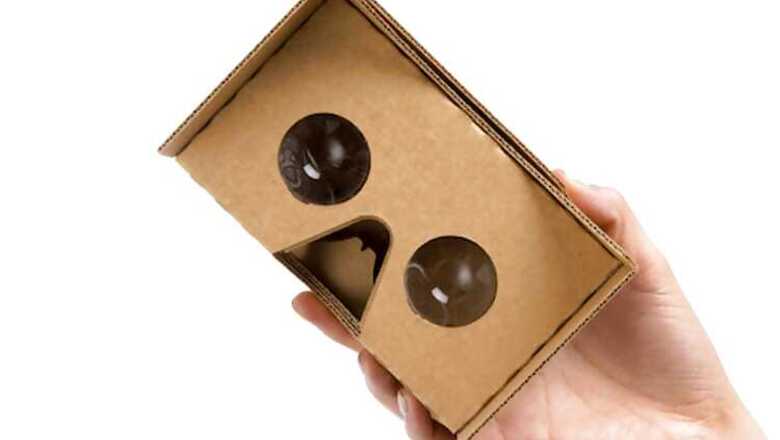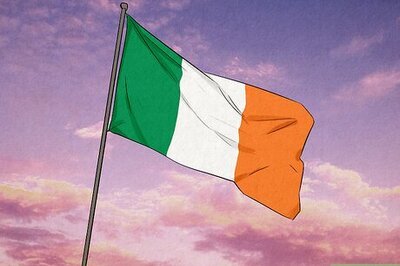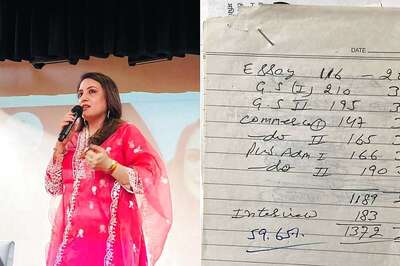
views
The 15th annual Deloitte Technology, Media & Telecommunications Predictions report, published Wednesday, points to a year ahead full of virtual reality, voice recognition and sharing selfies but one that could see the death of the traditional phone call.
The era of virtual reality is finally here, even if it's at a price. The long-awaited Oculus Rift headset, unveiled at CES, is going to retail for $600 starting in March. What's more, rumors are circulating that HTC's Vive headset could cost twice that much when pre-orders open on February 29.
Still, the research and consultancy firm forecasts that 2016 is going to be VR's first billion-dollar year with 2.5 million headsets finding their way into people's homes and offices and 10 million VR games being snapped up.
This year will also be the first where the smartphone is responsible for taking 90 per cent of all images shared online and that the sheer number of digital snapshots passes the 2 trillion mark -- that's a 15 percent jump on 2015. This week Bloomberg reported that Snapchat was already generating 5 billion video views daily despite having just 100 million users. Facebook experiences 136,000 image uploads every single minute and the numbers are expected to keep growing.
But the most persuasive developments of 2016 will be in cognitive technologies. "Technologies such as speech recognition, natural language processing and machine learning -- together with the emergence of platforms that are opening to the developer community -- are contributing to a rise in commercial applications," said Paul Sallomi, partner, Deloitte Tax LLP, global TMT industry leader and US technology sector leader.
This could take the form of being able to have a conversation with a smart appliance or bank using a consumer's speech rhythms as a unique password. But it could also mean better hands-free systems for in-car infotainment systems and of course the further development of systems such as Microsoft's real-time translation service within its Skype service.
"It is truly amazing to witness the tenacity of companies and individuals to advance today's technology in anticipation of tomorrow's customers and realities," said Sandy Shirai, principal, Deloitte Consulting LLP.
However, one once game-changing technology is set to start disappearing this year -- the traditional phone call. Deloitte predicts that in the US and Europe 26 per cent of smartphone owners will not make any calls in a typical week thanks to video calls and multimedia messaging.




















Comments
0 comment